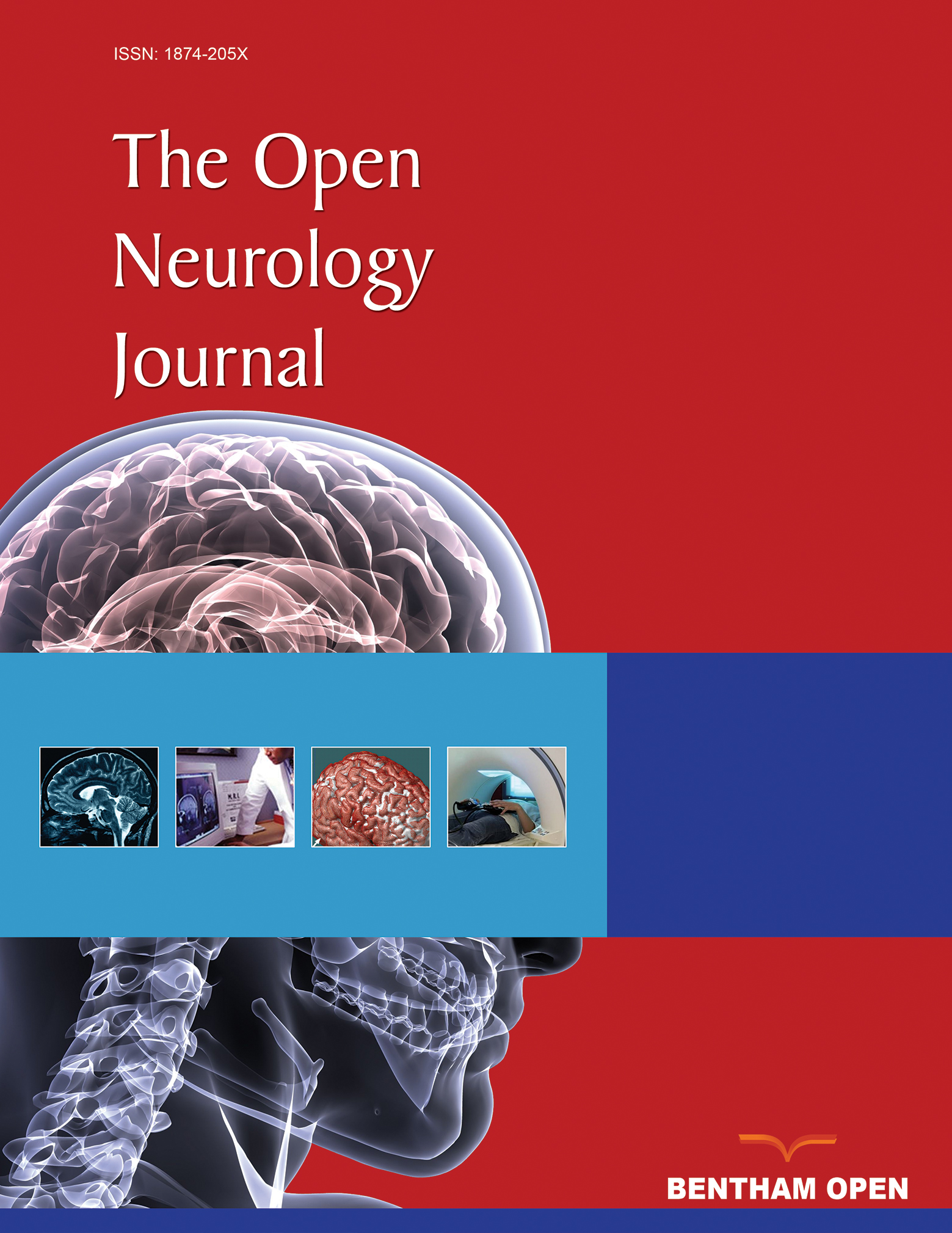The Impact of Deep Brain Stimulation on Sleep and Olfactory Function in Parkinson’s Disease
Abstract
Objective:
Relatively little is known about the effects of deep brain stimulation on non-motor symptoms. The aim of this pilot study was to assess the impact of deep brain stimulation on sleep and olfactory function in Parkinson’s disease.
Methods:
Subjective sleep quality and olfactory testing were performed on 11 consecutive Parkinson’s disease patients (eight men and three women) undergoing bilateral subthalamic nucleus stimulation. All patients consented to undergo clinical assessments prior to the procedure, and at regular intervals afterwards.
Results:
Subjective sleep quality improved at six months following deep brain stimulation and this benefit was sustained in the majority of patients at later follow-up assessments. There was no significant change in olfactory function following deep brain stimulation.
Conclusions:
In addition to having beneficial effects on motor function and quality of life, bilateral subthalamic nucleus stimulation improves subjective sleep quality in Parkinson’s disease.


